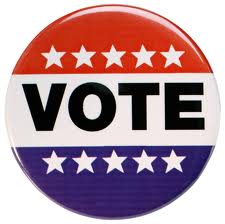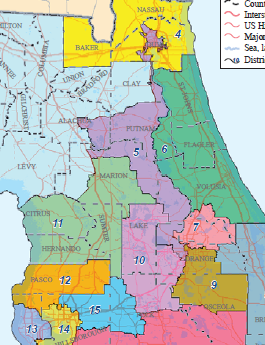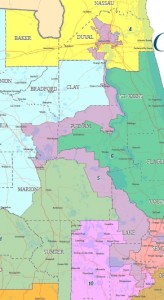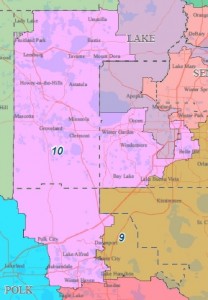On Tuesday, January 20, 2015, the United State Supreme Court will consider, in the case of WILLIAMS-YULEE V. FLORIDA BAR, whether Florida’s rule of judicial conduct that prohibits candidates for judicial office from personally soliciting campaign funds violates the First Amendment to the United States Constitution.
On May 1, 2014, the Florida Supreme Court approved a referee’s findings of fact and recommendation that a judicial candidate be found guilty of violating Rule Regulating the Florida Bar 4-8.2(b) (Judicial and Legal Officials, Candidates for Judicial Office; Code of Judicial Conduct Applies) for personally soliciting campaign contributions in violation of Canon 7C(1) of the Florida Code of Judicial Conduct and rejected the judicial candidate’s constitutional challenge to the ban imposed by Canon 7C(1) on a judicial candidate’s personal solicitation of campaign contributions. The Florida Supreme Court held that the Florida Judicial Canon is constitutional because it promotes the State’s compelling interests in preserving the integrity of the judiciary and maintaining the public’s confidence in an impartial judiciary, and that it is narrowly tailored to effectuate those interests. This case dates back to a 2009 fundraising letter that was signed by the judicial candidate.
Florida’s rules for judicial elections prohibit judges from personally soliciting campaign funds and instead permit judicial candidates to establish committees to make such solicitations.
Coverage and commentary on the case:




